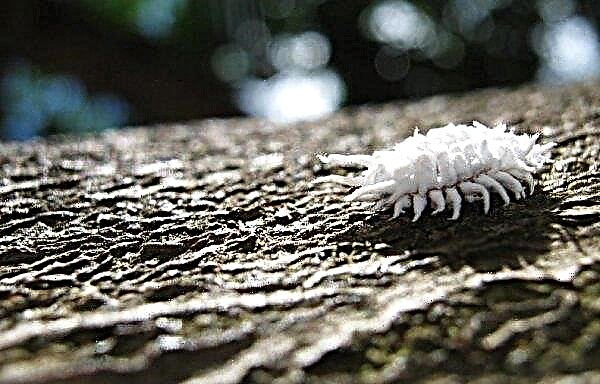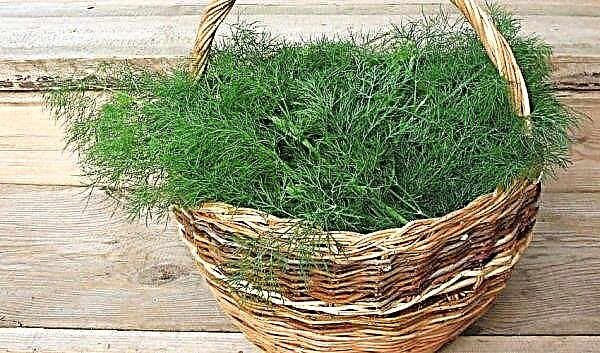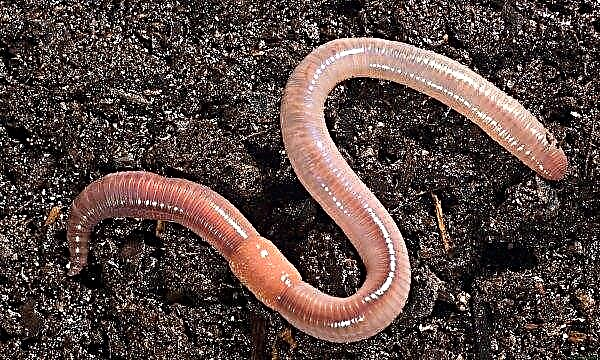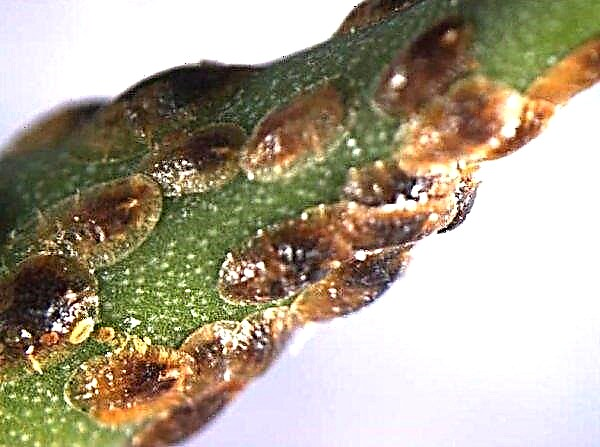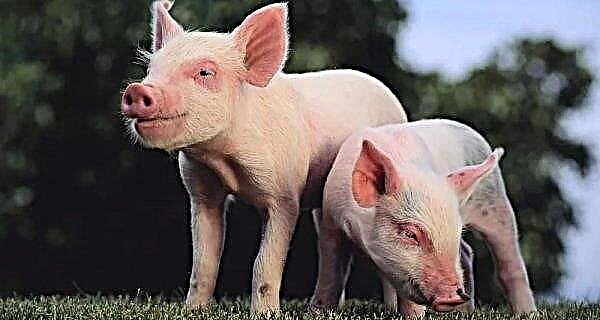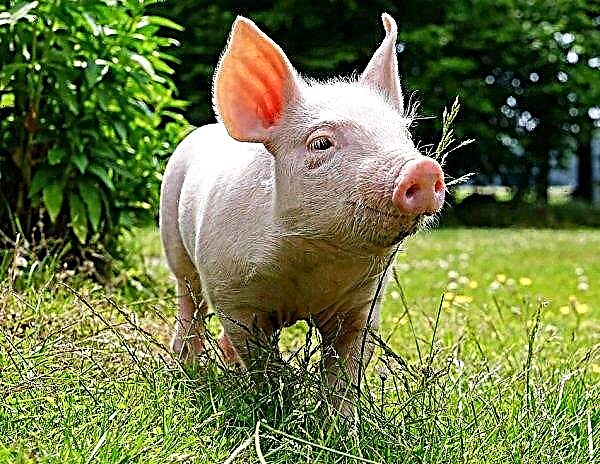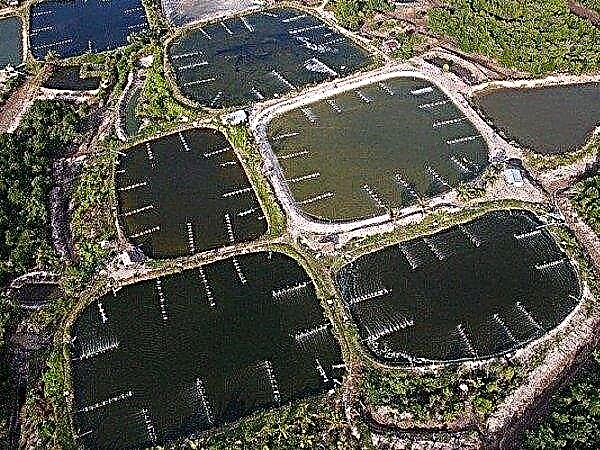The National Agency for Health Supervision concluded that there was no scientific evidence to prohibit the use of glyphosate herbicides in Brazil.
Check out

Brazilian experts have not found evidence that glyphosate has any properties that can cause cancer or other serious disorders, such as fetal malformations during pregnancy.
Scientists analyzed 22,704 water samples and, only in 0.03% of cases, the level of glyphosate content exceeded the permissible norm.
The National Agency for Health Supervision proposed restricting the effects of glyphosate on workers and consumers from 0.1 mg / kg to 0.5 mg / kg, and at the same time, in order to reduce the risk of ingestion through the respiratory system and through the skin , advocated banning the use of emulsion products of the type "oil in water".
Glyphosate was allowed in Brazil for the cultivation of cotton, citrus and fruit trees, sugarcane, coffee and cocoa trees, equalipt, tobacco, grapes, corn, soy, wheat, rye, oats and rice.
But in amateur gardening, the use of the drug is prohibited.
Glyphosate is a non-selective systemic herbicide used in weed control, especially perennial.

